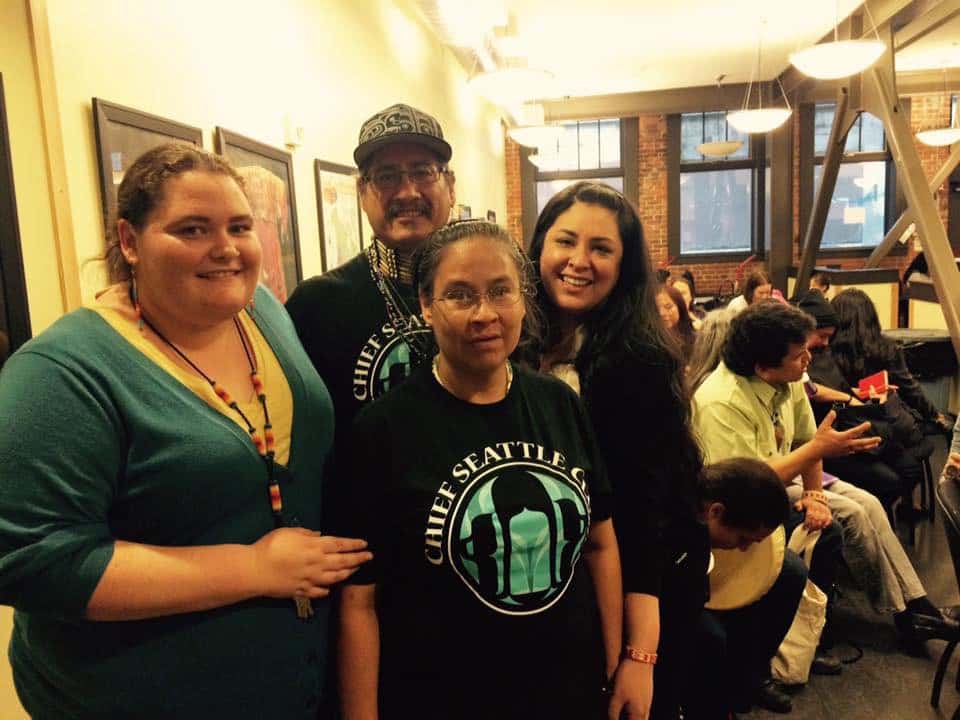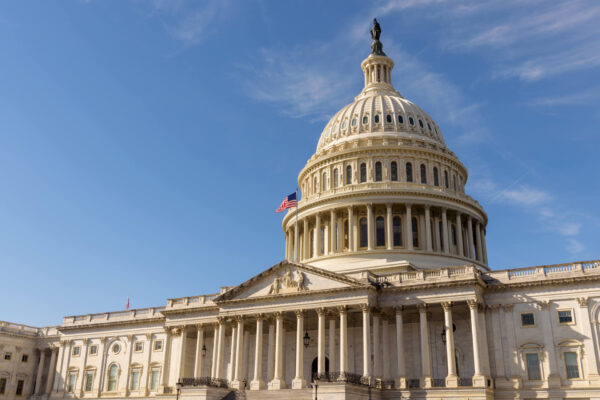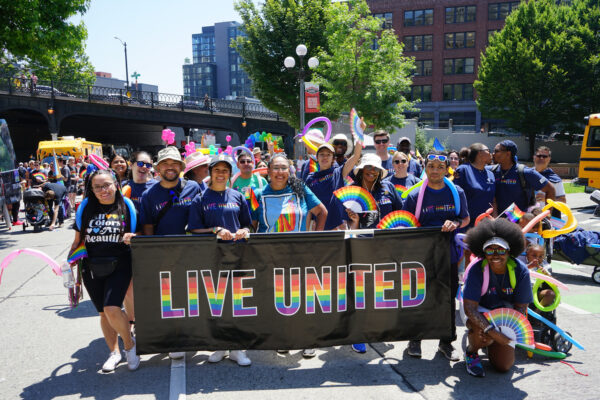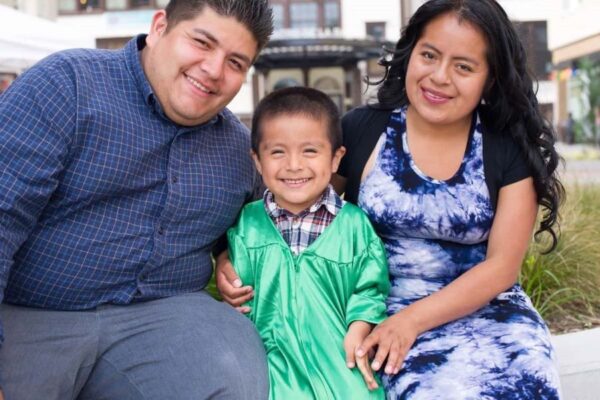Undoing decades of Native homelessness
Think you know U.S. history? What about the forced separation of Native Americans from their children at boarding schools in the early 1900s? Or the government decision in the 1950s to move Indigenous People from reservations to cities with no support? Colleen Echohawk of Chief Seattle Club talks about the three events that helped create the injustice many Indigenous People face today: homelessness.
Let’s start with a little-known fact: Native Americans and Alaska Natives are dying at a much younger age than Non-Hispanic Whites.
Native males in their 30s and 40s have a mortality rate that’s 50 percent higher than their Non-Hispanic counter parts.
This data from U.S. Center for Health Statistics might surprise or even shock a lot of us, but not Colleen Echohawk.
“Native people make up less than 1 percent of the total population in King County, but in the homeless population, we make up 7 percent,” says Echohawk. “I think it’s even a little higher than that.”
How did we get here? What plunged Native people into poverty and homelessness?
Echohawk points to three government actions spanning more than a century that successfully isolated Native people:
1. The forced removal of Native people from their land to reservations in the late 1800s.
2. The Native American boarding school system, designed in the early 1900s to educate and assimilate Native American children and youth according to Euro-American standards.
3. The 1956 Urban Native Relocation Act, which moved people from “failed” reservations to urban centers. Without family or a support system, Native people started arriving in places like Seattle and quickly became isolated and homeless.
“When there’s something so out of balance in the way you think about First People to be the most likely to be homeless, there’s something really wrong,” says Echohawk.
The city of Seattle is trying to address racial inequity in its latest round of funding to end homelessness. In late 2017, Seattle’s Health Services Department announced first-time funding to nine organizations that specialize in serving historically underserved populations, including Native Americans/Alaska Natives and African Americans. Those programs received a combined $3.5 million to serve 2,000 households. Funding will target increasing the number of people entering permanent housing and preventing homelessness.
The funding is a first for Chief Seattle Club and other nonprofits in the Native community that formed a coalition to apply for the grants. Echohawk credits a $20,000 United Way grant that got the ball rolling by hiring a facilitator and forming the coalition to coordinate services around Native homelessness.
While finding housing solutions in Seattle’s hot real estate market could prove challenging, Echohawk says indigenous people working to help their own offers the best hope for ending the crisis that affects all races and ethnicities.
“One of the ways to solve ALL homelessness is to solve Native homelessness first.”





Comments